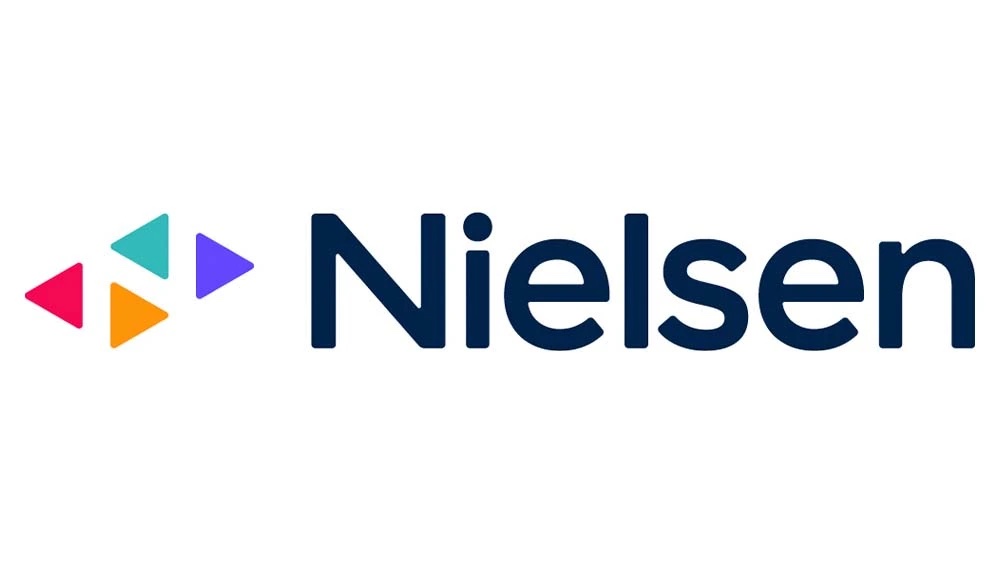Non-NBC affiliates support Comcast-NBCU merger
The professional video industry's #1 source for news, trends and product and tech information. Sign up below.
You are now subscribed
Your newsletter sign-up was successful
Non-NBC affiliate television stations have filed comments with the FCC supporting the Comcast-NBC Universal merger. The support is contingent on several conditions, including promises of fairness in dealings with retransmission consent.
The stations’ approval of the merger followed an agreement with NBC affiliates to support the merger subject to conditions relating to sports programming, retransmission and an agreement not to bypass the broadcast stations for cable delivery of network programming.
The non-NBC affiliates have several other conditions on the table in exchange for their support. Among them are that Comcast will not move sports events like National Football League games and the major Olympic events from (free) NBC onto (pay) cable; and that, in the event that negotiations with a local station break down, Comcast will not bypass the station and deliver a same-day feed of NBC via cable. Another condition is that Comcast will not carry the stations’ broadcast signals in any lesser format than comparable NBC stations.
One reason for the non-NBC affiliates silence on the support issue was because they have been locked in negotiations with Comcast for months, trying to reach an agreement on protections for competitors that both sides can live with.
Most stakeholders expect regulators to approve the deal, with conditions attached, by early next year. Many public officials have publicly supported the deal, citing economic benefits and programming opportunities for local communities.
If approved, the deal would be the first time that a powerhouse in pay cable would own one of America’s few over-the-air networks.
One broadcaster who is against the deal is Jim Goodmon, the president of the Capitol Broadcasting Company, which controls the CBS affiliate WRAL and other stations in North Carolina. He told “The New York Times” the proposed deal is “just beyond the pale” and should not be approved.
The professional video industry's #1 source for news, trends and product and tech information. Sign up below.
“Would they really allow Comcast and NBC to merge? That’s controlling all the distribution. That’s controlling all the programming,” said Goodmon, a longtime opponent of media consolidation. “There isn’t any way that this could be in the public interest.”
